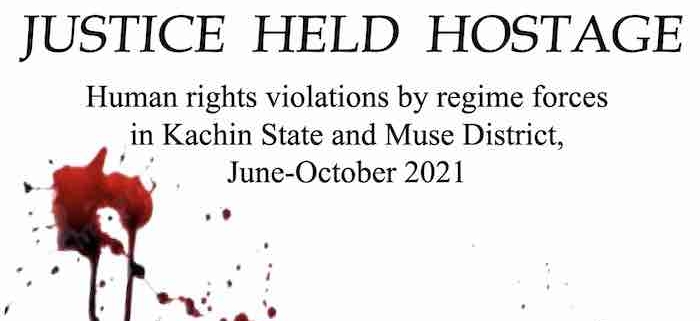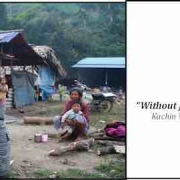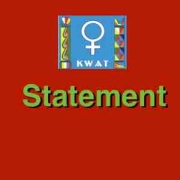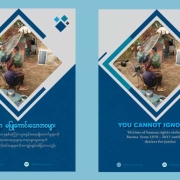Justice Held Hostage
Since June 2021, the military regime has continued deploying thousands of troops against resistance
forces in northern Burma, deliberately targeting local populations for collective punishment, including shelling,
shooting, arbitrary arrest and torture. The escalated offensives and ongoing climate of impunity for military rape
have heightened vulnerability of local women to sexual violence.
Deliberate shelling of civilian areas has taken place in six townships, including close to urban centres of
Shwegu and Waimaw, killing six people – three of them women — and injuring twenty-two. Indiscriminate gunfire
has also killed six civilians and injured eight, including three women shot through their house walls by troops
firing randomly at night near Indawgyi Lake in Mohnyin township.
Security forces have arbitrarily arrested 77 people during the past five months, mostly accused of supporting the KIA or PDF movement, including religious leaders, teachers, and medical personnel. Some were tortured,
including three men in Waimaw, who were handcuffed, beaten with guns, kicked, their heads covered with plastic
bags, and forced to kneel on gravel in the hot sun. Some were used as human shields and minesweepers, including
two farmers in Hpakant, who were injured by a landmine while forced to walk in front of troops at night.
Burma Army troops have continued to commit rape brazenly, with seeming confidence of impunity. In
July, a 58-year-old woman in Momauk was raped and murdered by three ID 88 troops in broad daylight, not far
from their base. In November, a soldier from IB 336 raped a 62-year-old woman in Kutkai only 100 meters from
his unit’s camp, within earshot of nearby houses.
The rapists have reportedly been arrested, but justice is unlikely to be served. The state media report of
the rape-murder in Momauk made no mention of sexual violence, and even insinuated that the murder victim was
to blame for “arguing” with the soldiers. The handling of this latest rape-murder is reminiscent of that of the two
Kachin teachers in 2015, where the military perpetrators have been protected until today. Once again, troops are
being shown they will be shielded at the highest levels for their crimes – thereby giving a green light to further
sexual violence.
Escalated conflict and targeting of civilians by regime forces have caused displacement of over 7,700 people between June and October, mainly in Waimaw and Muse. This brings the total of new IDPs since the coup to
over 14,000 in Kachin State and Muse District, where there were already over 100,000 IDPs sheltering in camps.
The regime has been blocking food aid delivery to new IDPs in the Mong Ko area of Muse, where heavy fighting
is ongoing. Access to shelter for these IDPs in China has become impossible since a border fence was erected in
2017, recently reinforced with a second fence and CCTV surveillance.
The security situation of communities across northern Burma has thus deteriorated during the past five
months, and the need for concerted international pressure on the regime is more urgent than ever. This pressure
must bring about a complete removal of the military from power, and not a negotiated return to the pre-coup status
quo, which would only perpetuate the civil war.
Download English
Download Burmese







